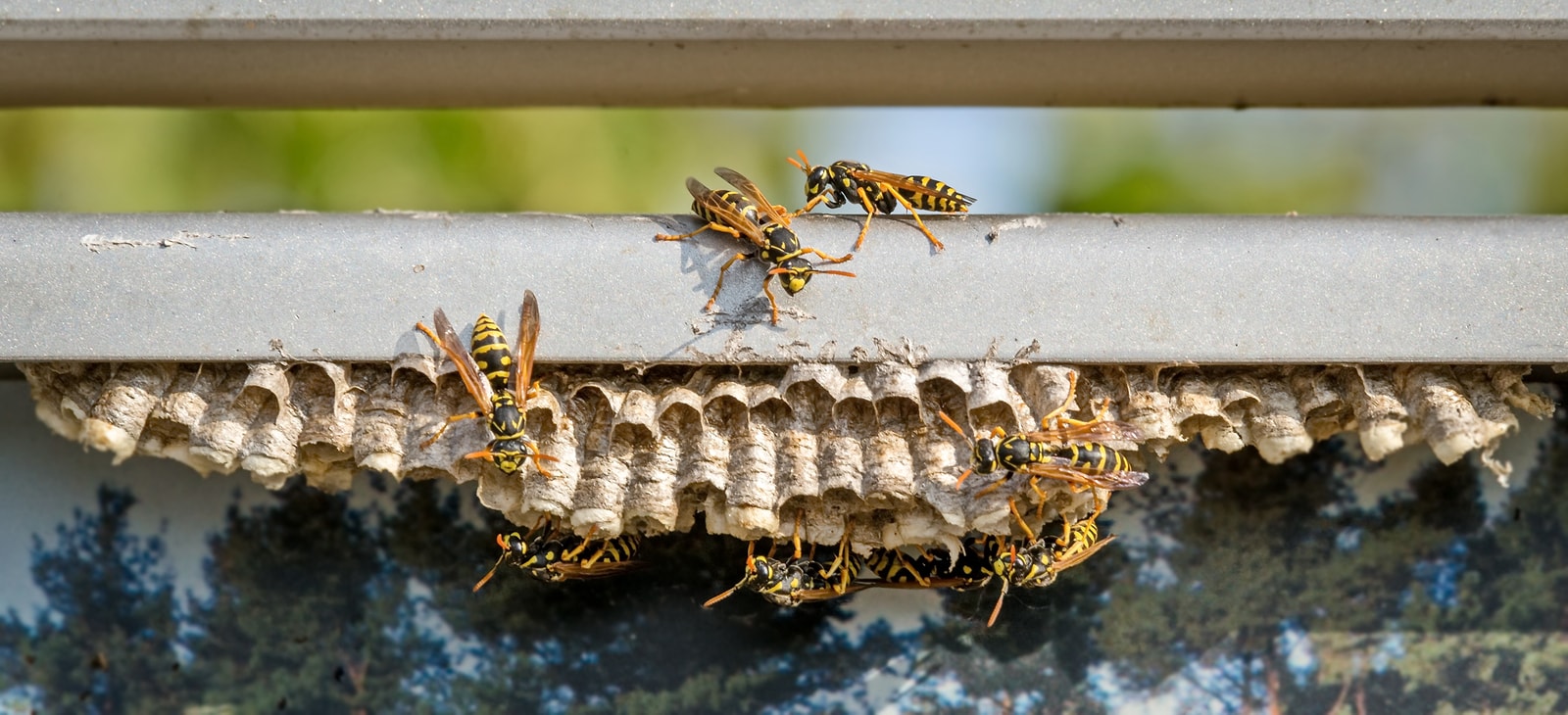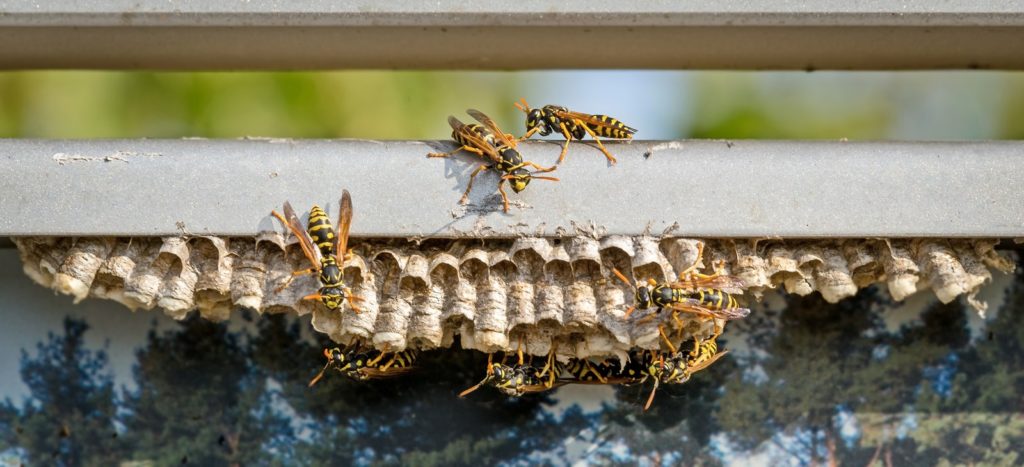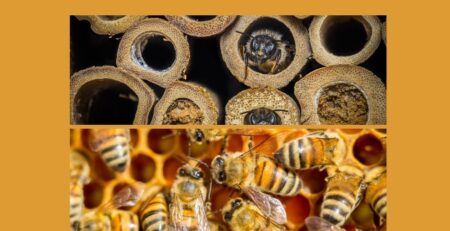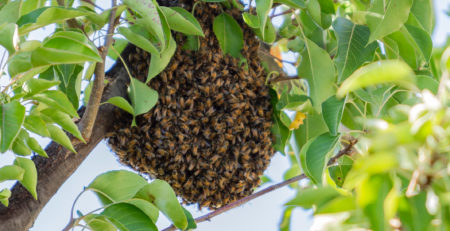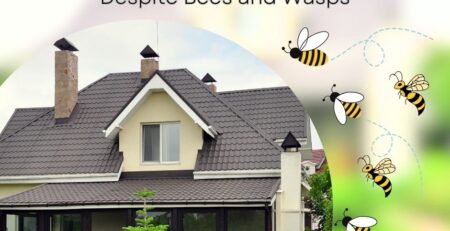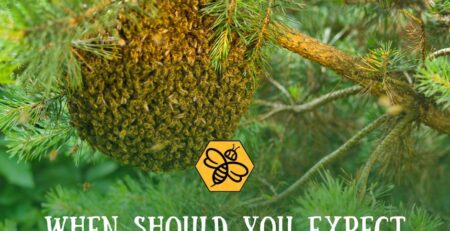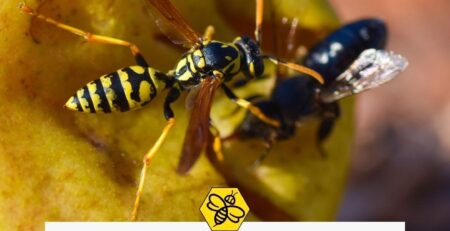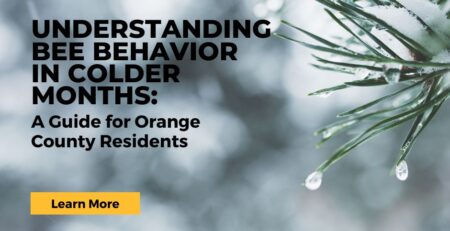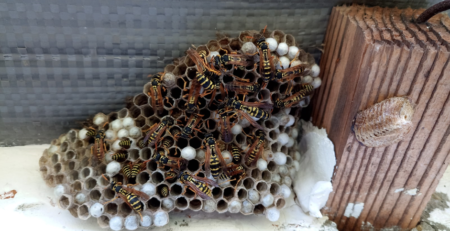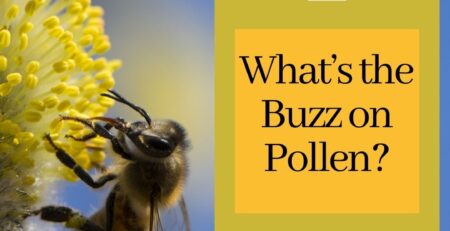Bee and Wasp Exterminators Advise Workers on How to Handle Hives and Swarms
Taking measures against beehive at your workplace with neither expert assistance from bee and wasp exterminators nor adequate knowledge about bee behavior can put anyone in the hive’s immediate vicinity at risk. That is why companies need to have a guide on how to respond to bee-related emergencies and a first aid protocol for bee-induced injuries like stings.
Essential Tips for Dealing with Bees and Wasps
For workplaces that have bee or wasp hives near them, it’s imperative that employees are well-informed about their situation. It is the employer’s duty to inform them of:
• how exposed they are to the insects
• what types of insects (e.g., bee, wasp, yellow jacket, etc.) are living in the area
• how to avoid these insects
• what to do in case someone has been stung
While waiting for bee removal near Orange County, people who are working near the beehive should take these steps to avoid stings:
• Keep calm if a stinging insect is flying around. Panicking would only draw its attention and increase the chances of it drawing closer to you.
• Wear light-colored clothing. Bright colors attract insects, so avoid wearing anything vibrant to reduce the risk of bee stings.
• Avoid using fragrant soaps and deodorants. Bees are drawn to sweet and flowery scents. Putting on or using anything sweet-smelling will attract them.
• Cover as much skin as possible. The less skin exposed, the less risk of stings. Wear pants, long-sleeved tops, and closed shoes if you’re working near a beehive.
• Do not go near flowering plants. Bees visit them regularly to gather nectar and spread pollen, so steer clear of them.
• Keep work areas clean. Some stinging insects are attracted to food. Keep your work areas clean and food-free to avoid inviting them into your workplace.
• Exercise proper hygiene. Human sweat can attract bees and increase the chances of stings. Reduce the risk by bathing regularly and wearing clean clothes.
• When attacked by bees, fleeing is the best option. Bees give off a special chemical which attracts other bees when they sting. Standing around will only increase their numbers. Run as fast as you can indoors, on enclosed areas, or inside a vehicle. If there is water nearby, do not jump into it. Some bee species will wait for their victims to resurface, hovering above the water to wait for a chance to sting.
• People with severe bee sting allergies should have the following objects ready:
• Epinephrine injector – Epinephrine, also known as adrenaline, prevents some of the life-threatening effects of bee sings such as cardiac arrest and anaphylaxis.
• An identification card or bracelet stating their allergy –Having an identification device will alert the responder on the next step.
• Do not panic if there’s a stinging insect in your vehicle. Open all the windows and coax it out carefully. Don’t do anything to agitate it to reduce the risk of stings.
First Aid Tips for Sting Attacks
With a hive or colony around, sting attacks are always a possibility. This is why it’s crucial for employees and supervisors to have basic first aid training. Here’s what everyone should know and do in case someone is stung:
- Stay with the victim. Keep an eye out for signs of an allergic reaction.
- Seek expert medical attention immediately if the victim is allergic to bees.
- Wash the affected area with soap and water.
- Do not pull out the stinger with a tweezer or squeeze the stinger. Take the stinger out by scraping a fingernail over the area or wiping the area with a gauze.
- Do not scratch the sting to avoid swelling or infection. Apply ice to keep it from swelling.
Always “Bee Ready”
Don’t let the presence of a beehive or bee colony jeopardize your safety and affect your work experience. Make sure you know the basics of bee prevention to minimize bee-related risks and damage. Let the professionals handle the problem for safe, fast, and efficient bee removal.
As the leading bee and wasp exterminator near me, The Bee Man provides 24/7 services in Southern California to ensure a sting-free community. With decades of experience and in-depth knowledge of the different types of bees and infestation cycles, you can trust that we will provide the most appropriate removal service for your home or workplace. Schedule a bee removal service with us. Call (949) 455-0123 now for a quote on your bee problem!

